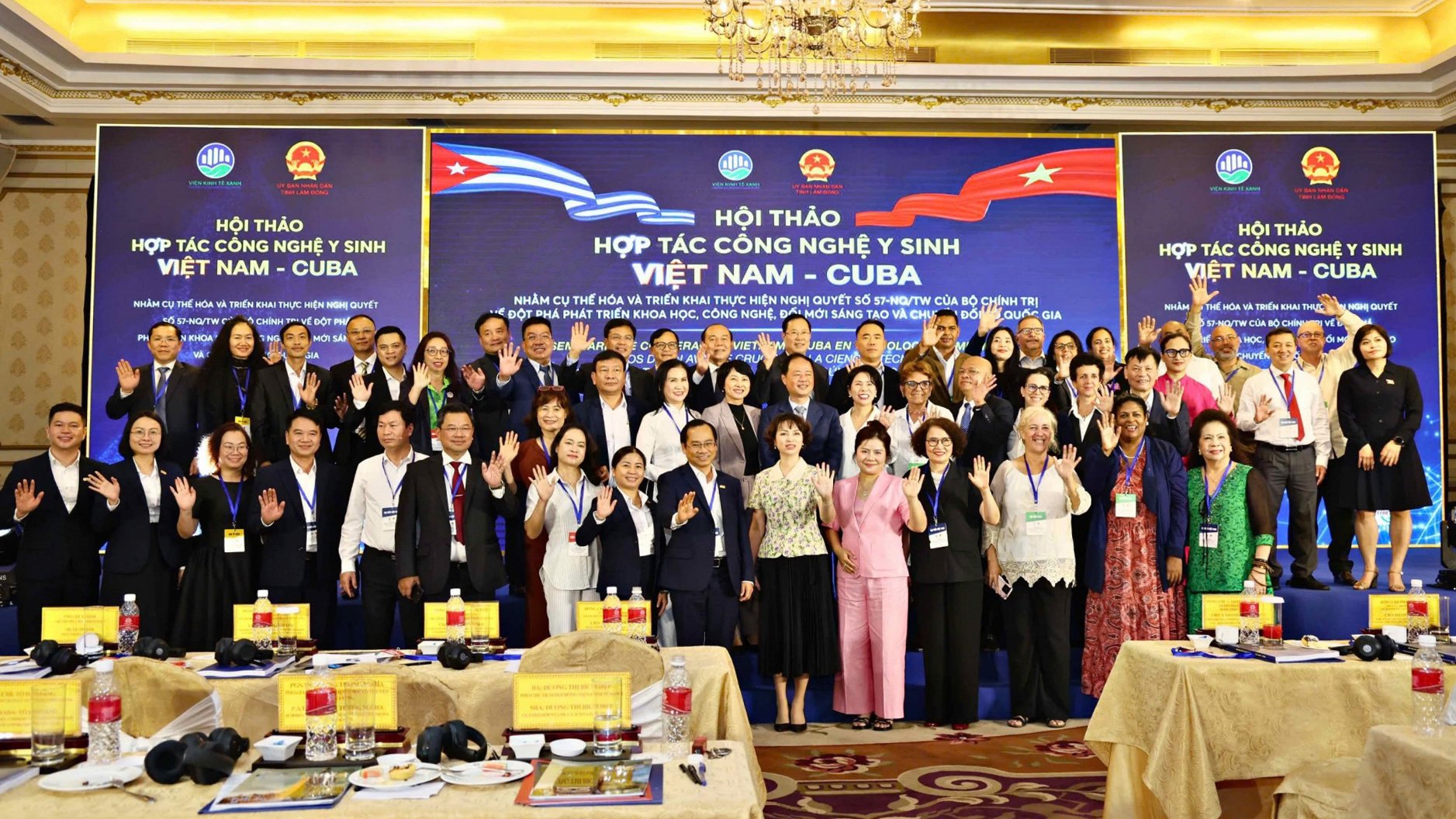 |
| The successful Vietnam - Cuba Biomedical Technology Cooperation Workshop opens up many opportunities for Lam Dong to enter a new era. |
TS. Le Thanh - Director of the Green Economy Institute shared: “When we feel about Lam Dong, we feel the health economy. This has a history from the beginning when Doctor Yersin discovered and had the idea of turning Lam Dong into a research area and serving global health. Until today, people still think about Lam Dong to enjoy health. That is a very good geographical marker positioning that only Lam Dong has, but the Southern region, the whole country, and the Southeast Asia region have not met that. Lam Dong has a valuable untapped microbial ecosystem from the mountains to the sea. In business, scientific and technological resources, combined with available natural resources, if investors know how to organize those resources, we can create good products. The Green Economy Institute has 3 things to do right after this workshop: we will meet with the leaders of Lam Dong province to choose priorities. Currently, there are more than 6 investors, businesses, Domestic and foreign investment funds are ready to invest in the field of Vietnam - Cuba biomedical technology cooperation. Not only do we use Cuban technology, but we also have Vietnamese agricultural technology, Vietnam's tradition of sustainable agricultural development transferred to Cuba, turning Cuba into a high-tech agricultural development area supplying the world; which also means that the investment space in high-tech agriculture of Vietnamese investors is expanding to Cuba. We expect that the Vietnam - Cuba Biomedical Cooperation Center in Lam Dong will be a destination for investors, scientists, leading the tourism industry of scientists, a space for health tourism, and a cradle for developing biomedical human resources for the whole country".
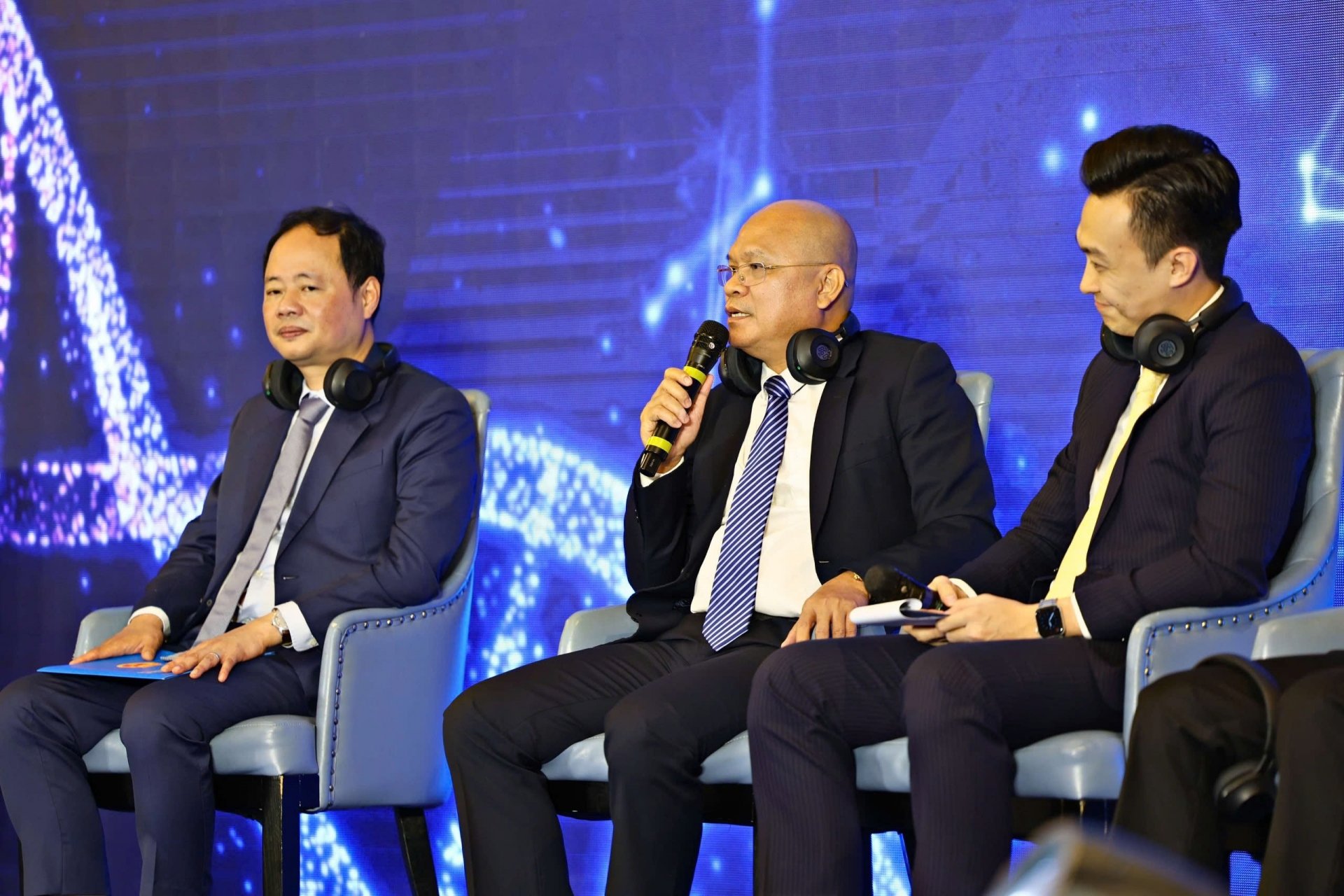 |
| Dr. Le Thanh - Director of the Green Economy Institute discussed opportunities for cooperation and transfer of biotechnology and biomedicine between Vietnam and Cuba. |
The successful results of the Workshop created a launching pad for the health economy. The Green Economy Institute and LabioFAM Group (Cuba) signed a comprehensive cooperation framework contract on joint research, development, production and trade of agricultural biotechnology and natural medicine products and research projects to serve people's health care and sustainable agricultural development. Among them are famous Cuban products such as products to support cancer patients from green scorpion venom, biological pesticides, microbial fertilizers, natural cosmetics, etc. At the same time, the Green Economy Institute also signed a comprehensive cooperation memorandum with the CIGB Center for Genetic Engineering and Biotechnology (BioCubafarma Company - Ministry of Health ) on joint research, development, production and trade of agricultural biotechnology products and research projects; In which, vaccines for animals, livestock, poultry, seafood, biological food preservatives... are prominent.
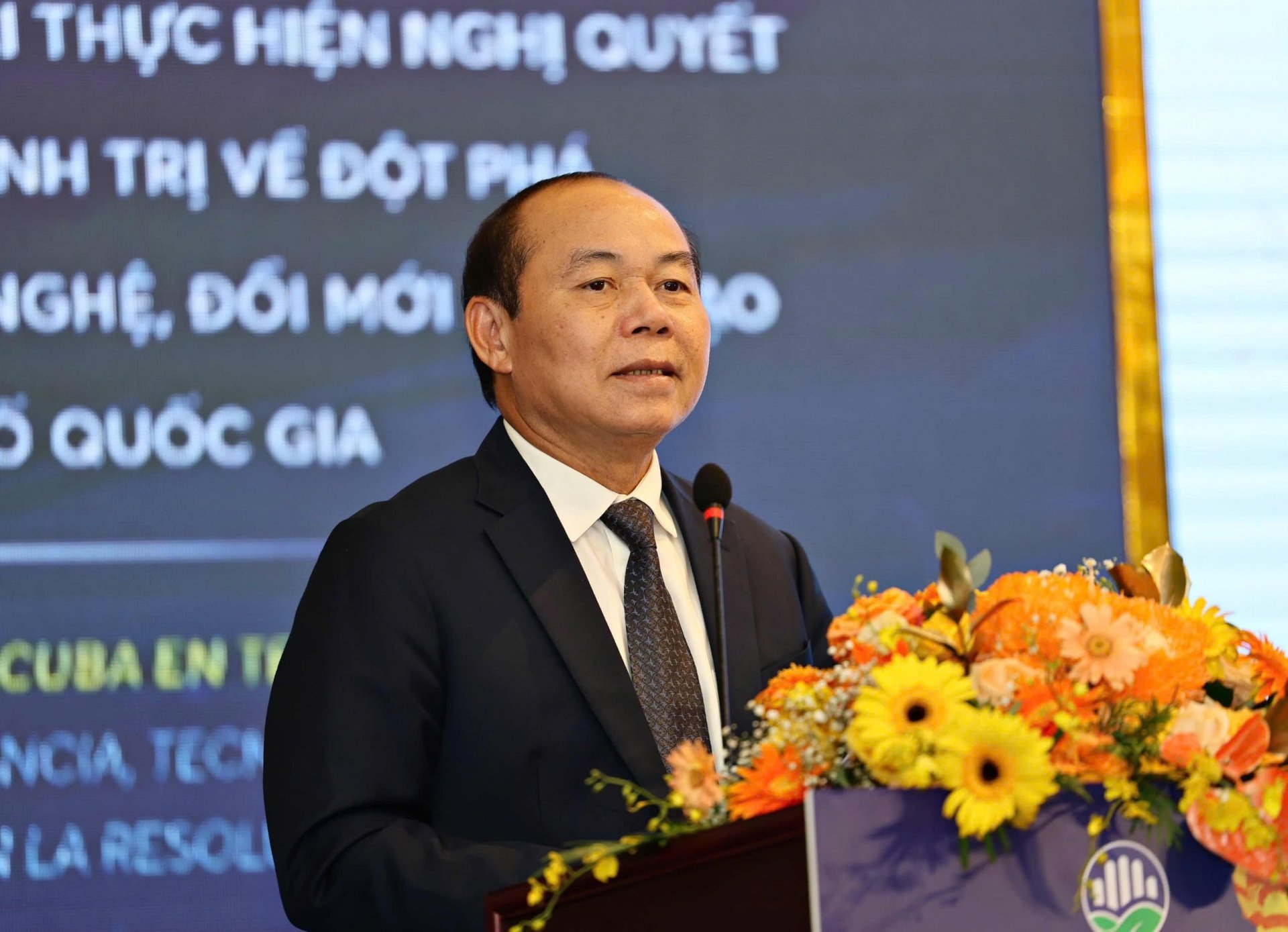 |
| Dr. Nguyen Ngoc Bao - Chairman of the Board of Directors of the Green Economy Institute reported on the proposed cooperation project to establish the Vietnam - Cuba Biomedical Technology Center and the orientation to form a Biomedical High-Tech Park in Lam Dong. |
In the report proposing the cooperation project to establish the Vietnam - Cuba Biomedical Technology Center and the orientation to form a Biomedical High-Tech Park in Lam Dong, Dr. Nguyen Ngoc Bao - Chairman of the Board of Directors of the Green Economy Institute emphasized: With high determination and proper implementation, the Vietnam - Cuba Biomedical Technology Cooperation Center in Lam Dong will become a symbol of innovation and international integration. This is not only an investment project but also the embodiment of the strong will to rise of the Vietnamese people in the new era.
Accordingly, the Vietnam - Cuba Biomedical Technology Cooperation Center aims to achieve a spending ratio for research and development R&D/GRDP of 3.5% in the first 5 years; create 100 patents and source technologies; a private enterprise model leading research investment with a tax deduction mechanism of 500% of R&D costs; export biomedical technology products to at least 50 countries; join international networks such as WHO, GAVI, ICH; establish a mutual recognition mechanism with Cuba and other partners (EU, Canada).
The Vietnam-Cuba Biomedical Technology Cooperation Center is designed as a pioneering “legal sandbox” model in Lam Dong, creating institutional space for piloting 100 innovation policies in 10 years; allowing foreign technology enterprises to contribute patent capital; establishing a public-private venture capital fund; implementing a “green card” mechanism for high-tech experts; maximum autonomy in valuation, intellectual property and corporate governance.
The Vietnam - Cuba Biomedical Technology Cooperation Center is a typical example of a development model led by the private sector, with specific contents: 100% private capital structure, not using the state budget; establishing 500 biotechnology startups by 2035; autonomy in ownership, operation and profit distribution.
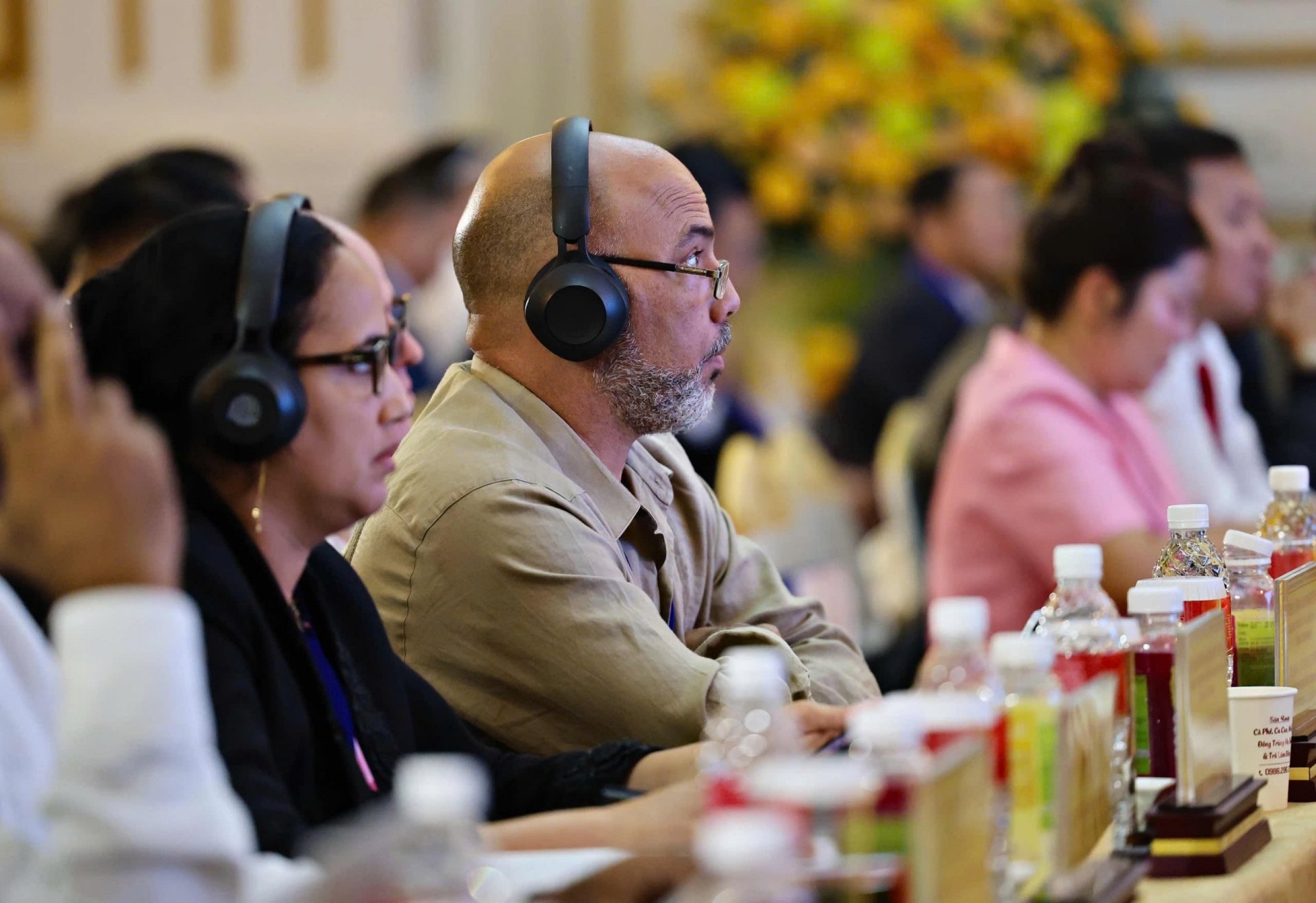 |
| Scientists of LabioFAM Group (Cuba) listen to the contents of the workshop |
The overall goal of the project is to build the Vietnam - Cuba Biomedical Technology Cooperation Center in Lam Dong to become a leading center for research, development and production of biotechnology products in Southeast Asia, and at the same time a pioneering "policy laboratory" in piloting breakthrough mechanisms, concretizing the Party's Resolutions into practice through a private enterprise-led model, specifically:
Phase 2025-2027: Initiate and build the foundation, complete the construction of the Center with full modern laboratories, successfully implement the first 3 pilot projects, train 500 high-quality human resources and start experimental production of the first products. In particular, this phase will focus on building a sandbox legal framework and implementing the first 10 policy pilot projects.
During this phase, the company will invest approximately $500 million, including $200 million for technology transfer from Cuba, $150 million for infrastructure construction, and $150 million for working capital and staff training. The expected result is $150 million in revenue from pilot production and the first processing contracts.
Phase 2027-2030: develop and expand, successfully transfer 8 core technologies from Cuba, complete construction of medium-sized manufacturing plants, achieve annual export turnover of 1.2 billion USD and expand the market to 25 countries in the region. In terms of policy, this phase will complete and standardize 30 policies that have been successfully piloted.
Investment in this phase will be $800 million, focusing on building commercial manufacturing plants and upgrading technology. The company is expected to achieve an EBITDA margin of 45% and start generating strong positive cash flow for reinvestment.
Phase 2030-2035: become a regional center, achieve annual export turnover of 5 billion USD, export to 50 countries, become a leading policy provider in the field of biotechnology for the ASEAN region and developing countries. This is also the preparation stage for listing the company on international exchanges such as NASDAQ or NYSE with an expected valuation of 15 - 20 billion USD.
By 2035: The Center will achieve an annual export turnover of 5 billion USD, create jobs for 75,000 high-quality workers, contributing 8.5% to the total product in Lam Dong province. The Center will become a source of practical bases contributing to policy development with at least 50 policies successfully piloted based on practical experience from Lam Dong.
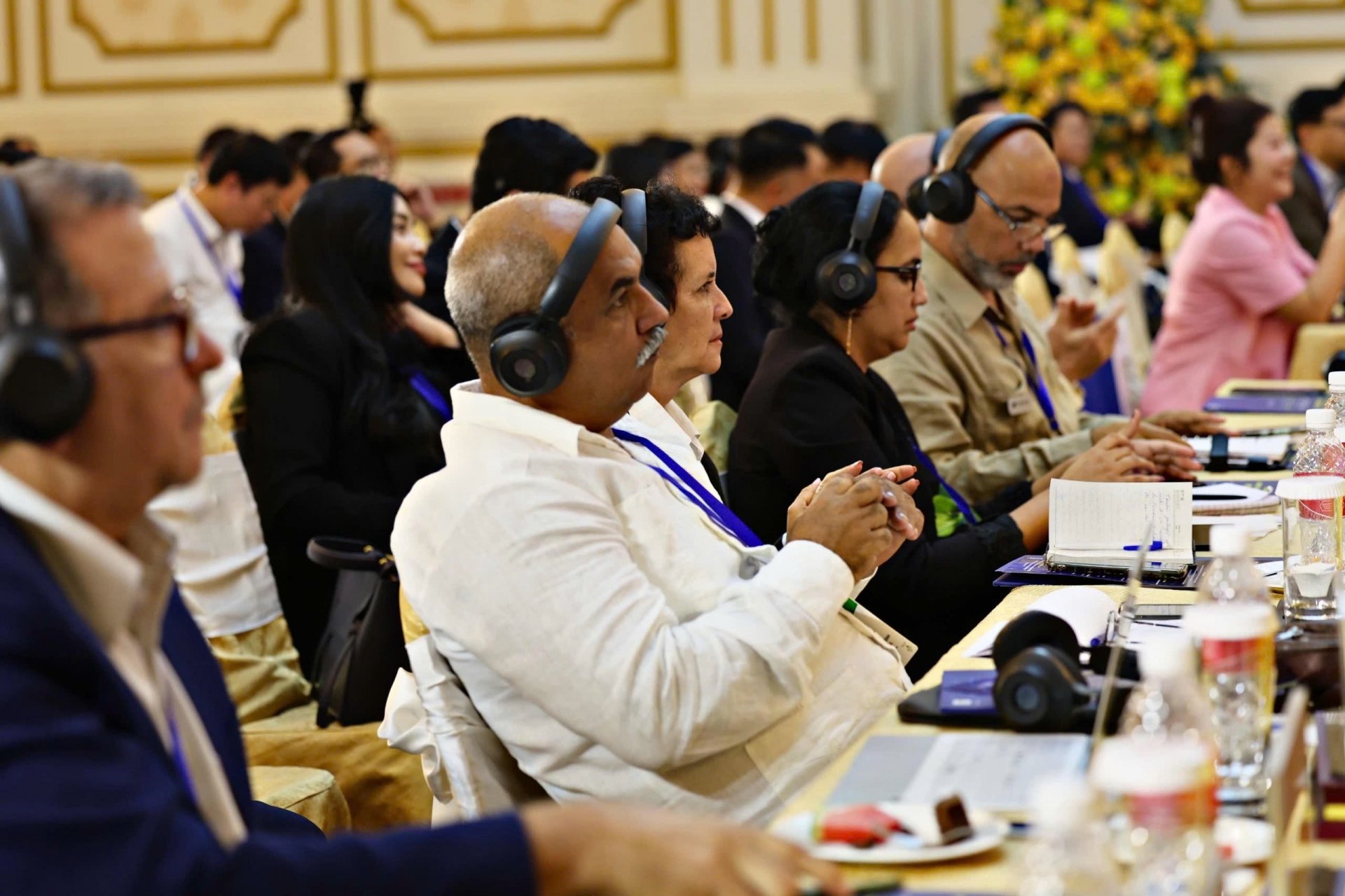 |
| Cuban investors interested in Green Research Institute's presentation |
The Project's orientation is to build and develop the Vietnam - Cuba Biomedical Technology Cooperation Center in Lam Dong based on the principle of "Three pillars, One platform" . The three pillars include: Research and Development, Production and Commercialization, Policy Research and Sandbox. One platform is the system of training high-quality human resources and international cooperation.
The project will be implemented throughout the new Lam Dong province after the merger, with the main center in Da Lat and satellite facilities in areas with their own strengths. The Da Lat area will focus on research, development and production of products from highland herbs. The Dak Nong area will develop agricultural biotechnology and industrial crop processing. The Binh Thuan area will focus on marine biology and export logistics.
The project covers the entire biotechnology value chain from basic research to application and commercialization. Priority areas include: pharmaceuticals and vaccines, functional foods from indigenous resources, agricultural biotechnology, environmental technology and bioenergy.
The first core content of the Project is to build a world-class research and development system, capable of receiving, improving and developing advanced biotechnologies. This system will include specialized laboratories equipped with the most modern equipment and a team of leading experts from both Vietnam and Cuba.
The next-generation Gene Technology Laboratory will be equipped with advanced equipment such as a next-generation DNA sequencer, a CRISPR-Cas9 system for gene editing, and an automated DNA synthesis machine. This laboratory will focus on research and development of gene therapy products, DNA vaccines, and recombinant enzymes from indigenous biological resources. The investment for this laboratory is 45 million USD, including equipment and specialized human resource training.
The AI and Big Data Lab in Biomedicine will apply artificial intelligence to accelerate the process of drug discovery and development. The system will analyze millions of compounds from Vietnamese herbs to predict biological activity, optimize formulations, and forecast side effects. This is a specific application of Resolution 57-NQ/TW on digital transformation in the healthcare sector. The company will invest 25 million USD in AI infrastructure and hire leading experts.
The smart cell culture laboratory will develop technology for producing vaccines and recombinant proteins using an automated culture system. This technology is especially important in transferring vaccine production processes from Cuba and adapting them to Vietnamese conditions. The 2,000-liter bioreactor system with automatic control technology will achieve a protein recovery efficiency of 85-90%, equivalent to the world's leading factories.
The automated pharmaceutical analysis robot system will perform thousands of analytical reactions per day, significantly shortening the time from discovery to product development. The smart IoT greenhouse will apply Internet of Things technology to precisely control environmental conditions for medicinal plant cultivation and research. The total investment for laboratories and research equipment is 180 million USD in the first phase.
To convert research results into commercial products, the Center will build a modern production system that meets international standards. The vaccine manufacturing plant will be built according to GMP-WHO and FDA standards, capable of producing traditional vaccines and new-generation vaccines such as mRNA vaccines.
The automated medicinal extraction line will apply modern extraction technologies such as ultrasonic extraction, high pressure extraction and membrane technology to recover valuable active ingredients from indigenous herbs. This system not only ensures product quality but also maximizes recovery efficiency and minimizes environmental impact. Supercritical CO 2 extraction technology will be applied to extract heat-sensitive active ingredients from Dalat artichoke, ensuring the highest quality for export products.
The joint venture zone with private enterprises will be designed according to a closed ecosystem model, in which the investor enterprise plays a leading role in technology and strategy, while attracting strategic partners to provide capital, management experience and distribution network.
The smart export logistics system will connect directly with Binh Thuan seaports and international airports, ensuring that products can reach international markets quickly and efficiently. The blockchain system will be applied to track the entire supply chain, ensuring transparency and product quality from raw materials to the hands of end consumers.
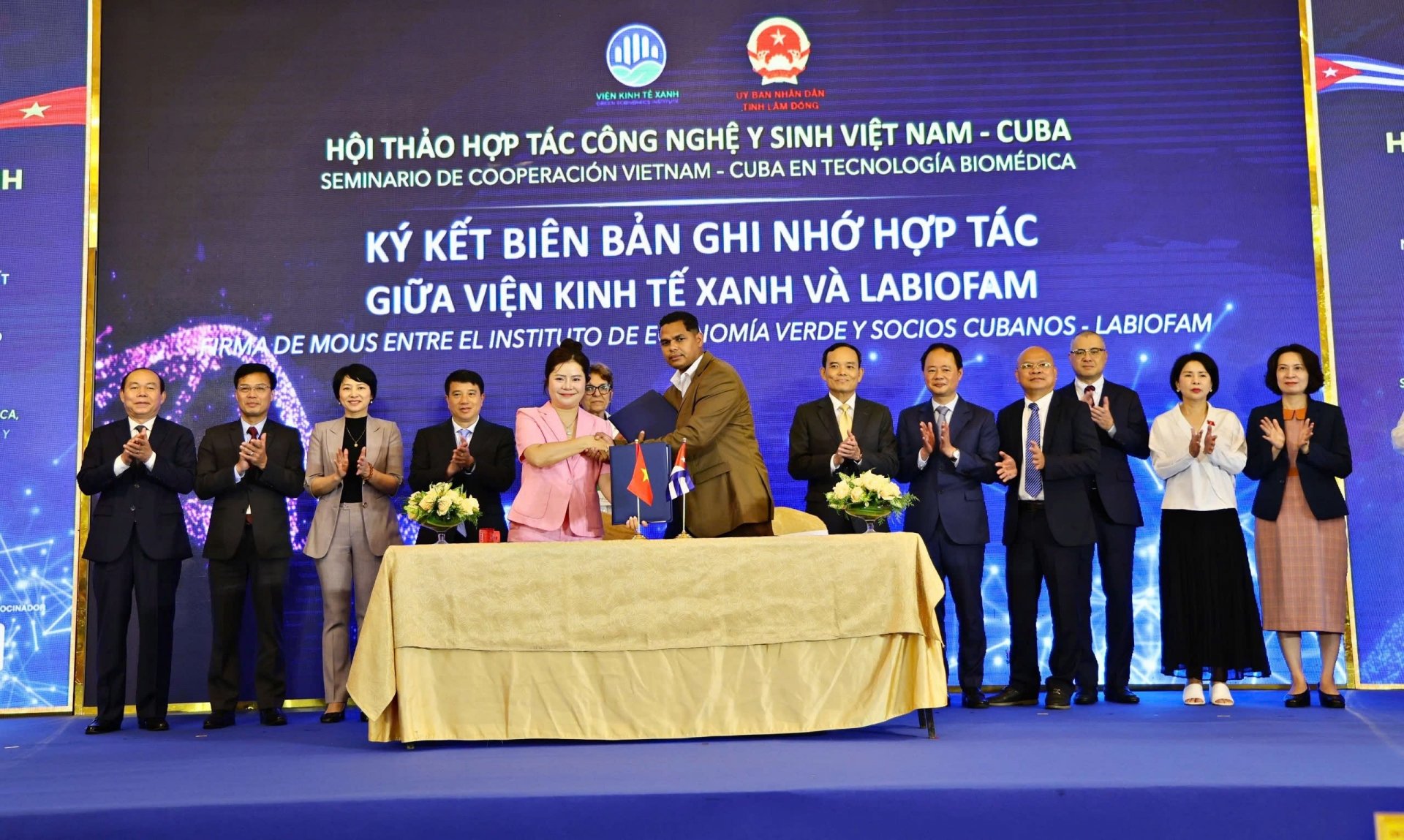 |
| The signing of cooperation between the Green Economy Institute and two leading biomedical technology corporations of Cuba is a solid foundation for the construction and development of the Vietnam - Cuba Biomedical Technology Cooperation Center in Lam Dong. |
The Institute for Biotechnology Policy Research will be established with the task of researching, proposing and piloting breakthrough policies. The sandbox legal framework will be designed according to the principle of "controlled piloting", allowing businesses and research organizations to pilot new technologies within a limited scope and under strict supervision. The Lam Dong Sandbox Council will be established with the participation of leading experts from both domestic and international.
High-quality human resources are the decisive factor for the success of the project. The Vietnam-Cuba Biotechnology Institute will be established with the mission of training a team of internationally qualified experts. The Institute will implement dual PhD and Master programs, allowing students to study and conduct research in both Vietnam and Cuba.
The long-term impact and international status that the project brings will reposition Vietnam on the world biotechnology map. From a technology importer, Vietnam will become a country capable of exporting high-tech products in the biomedical field.
Source: https://baolamdong.vn/xa-hoi/202506/be-phong-cho-nen-kinh-te-suc-khoe-d064f84/


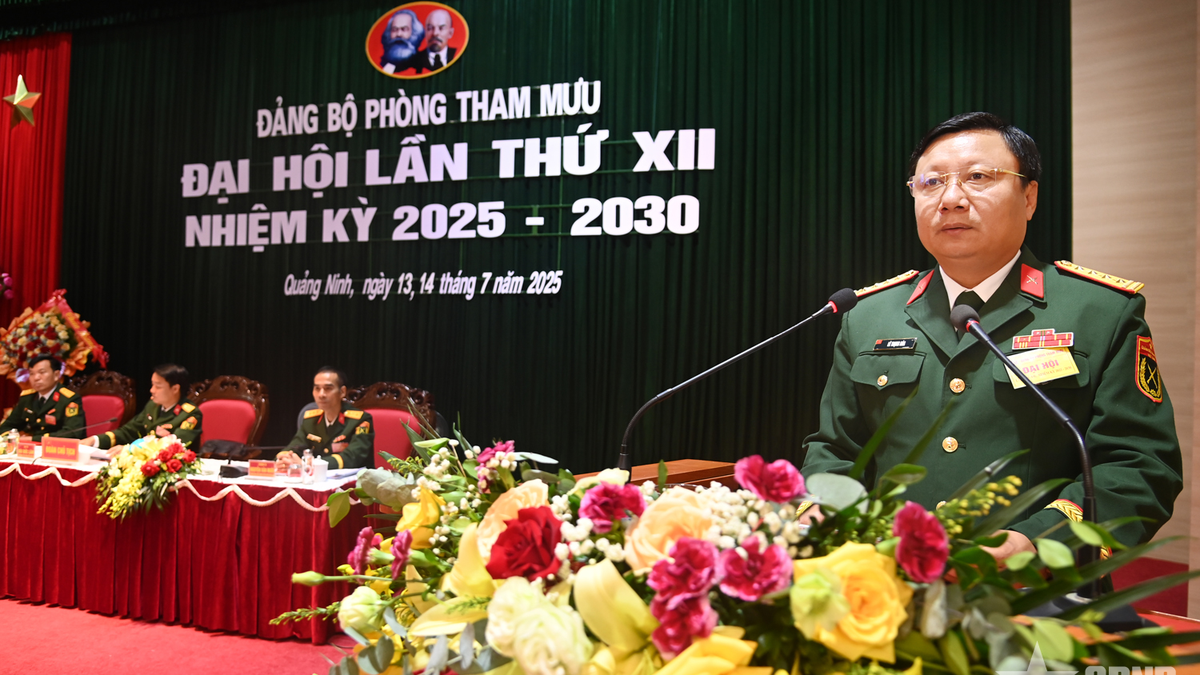
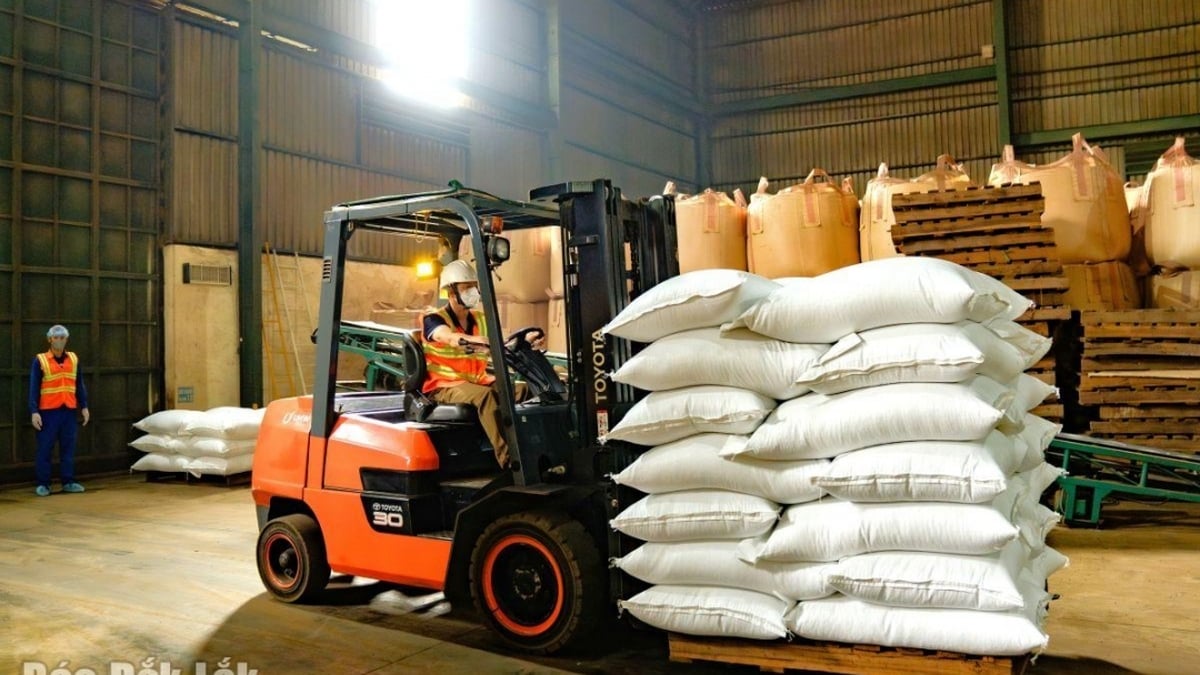

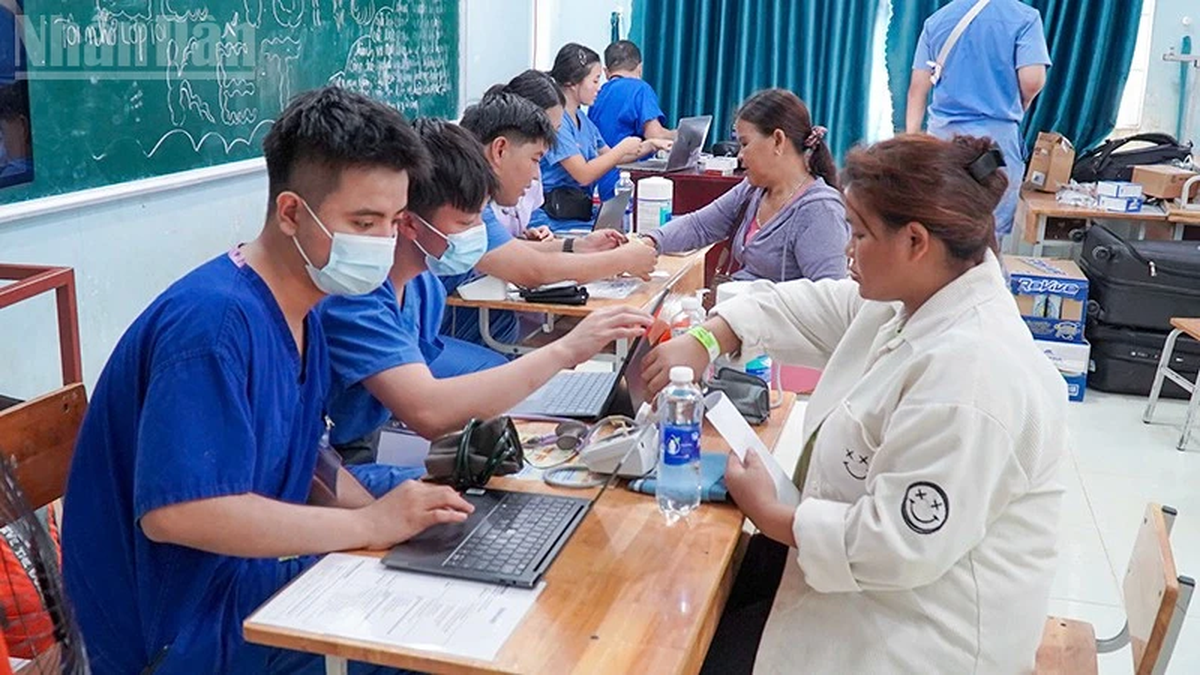

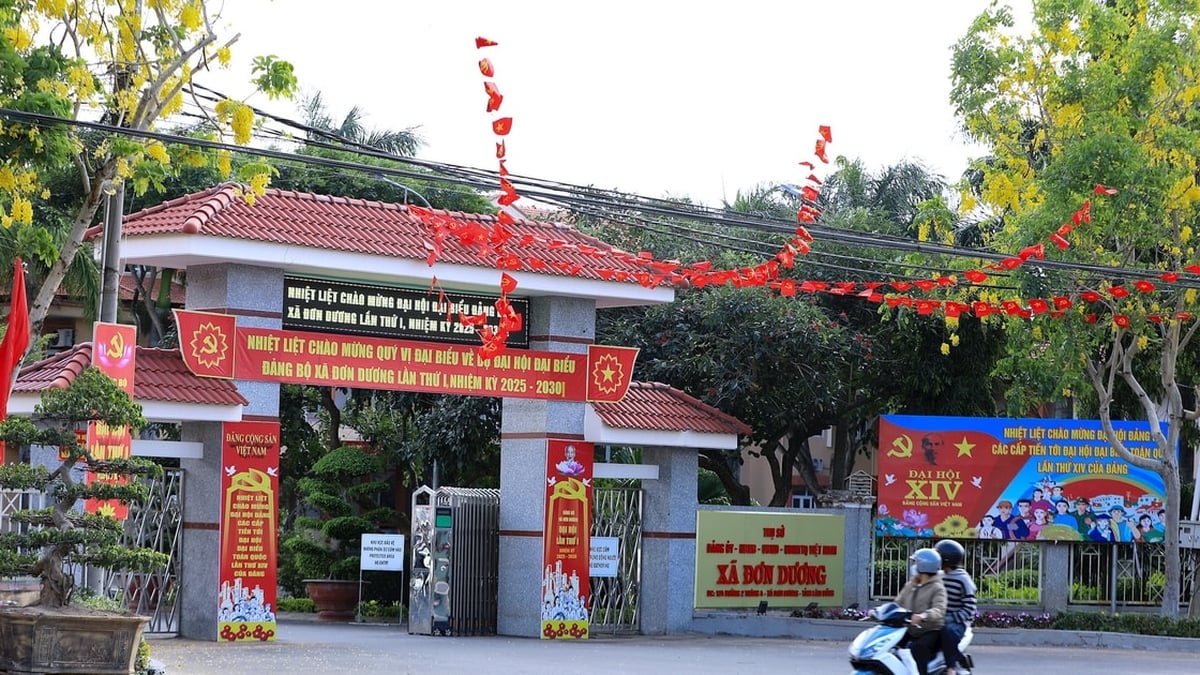

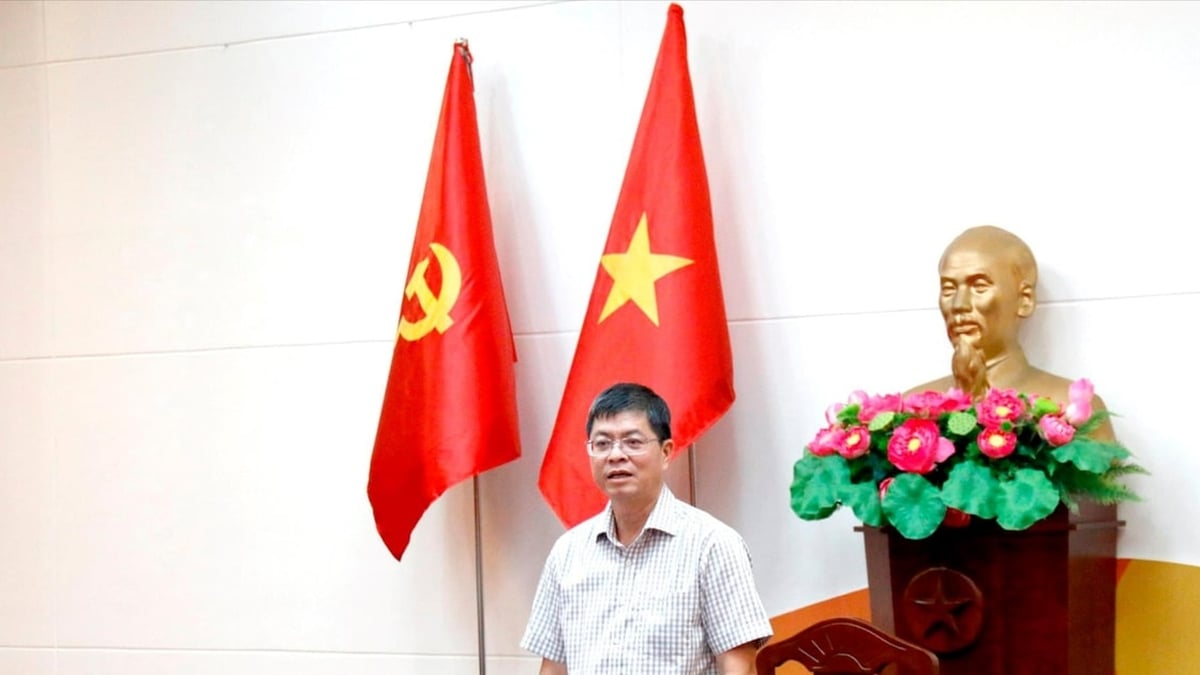

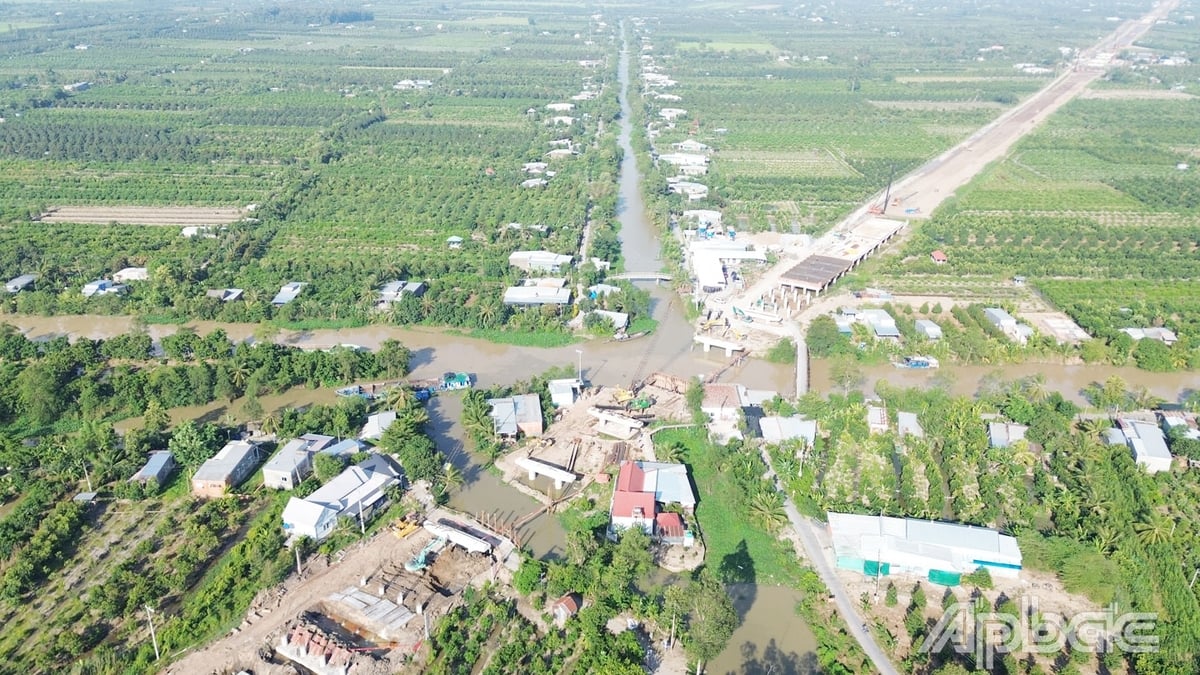








































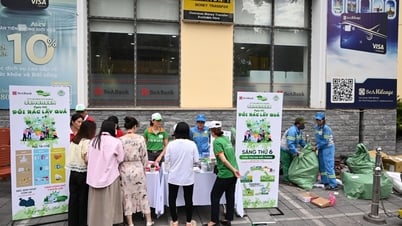


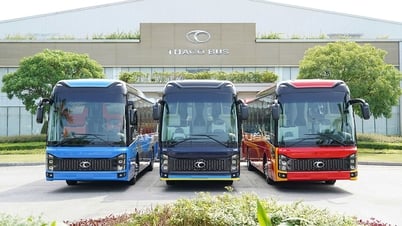

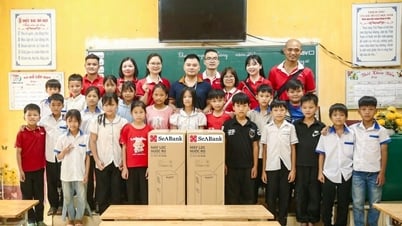
![[Maritime News] Treasury Department Targets Diverse Networks Facilitating Iran's Oil Trade](https://vphoto.vietnam.vn/thumb/402x226/vietnam/resource/IMAGE/2025/7/14/43150a0498234eeb8b127905d27f00b6)





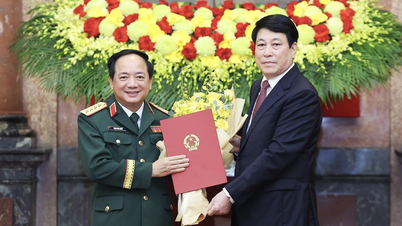



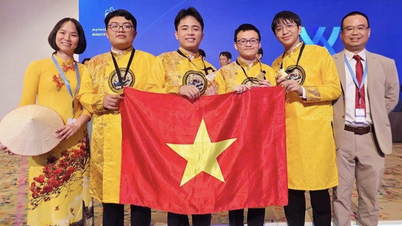

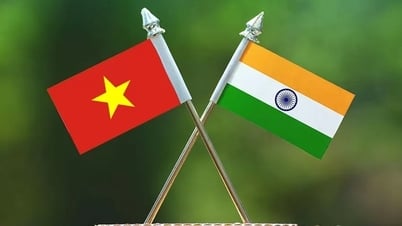

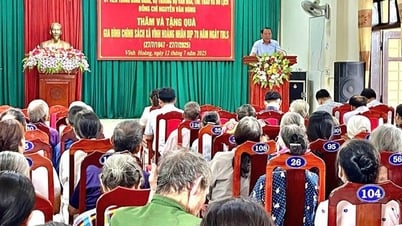
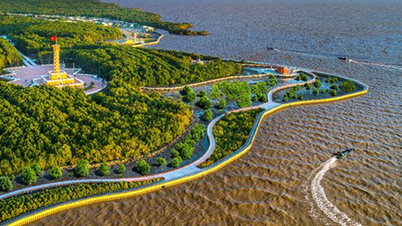
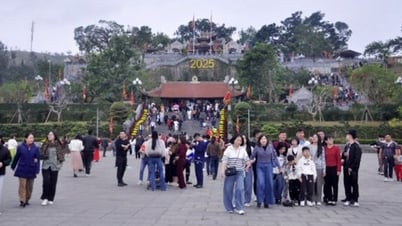

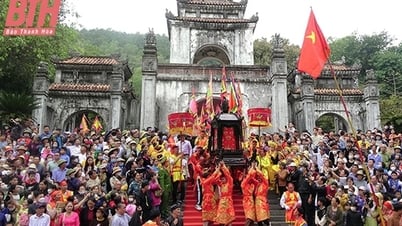























Comment (0)